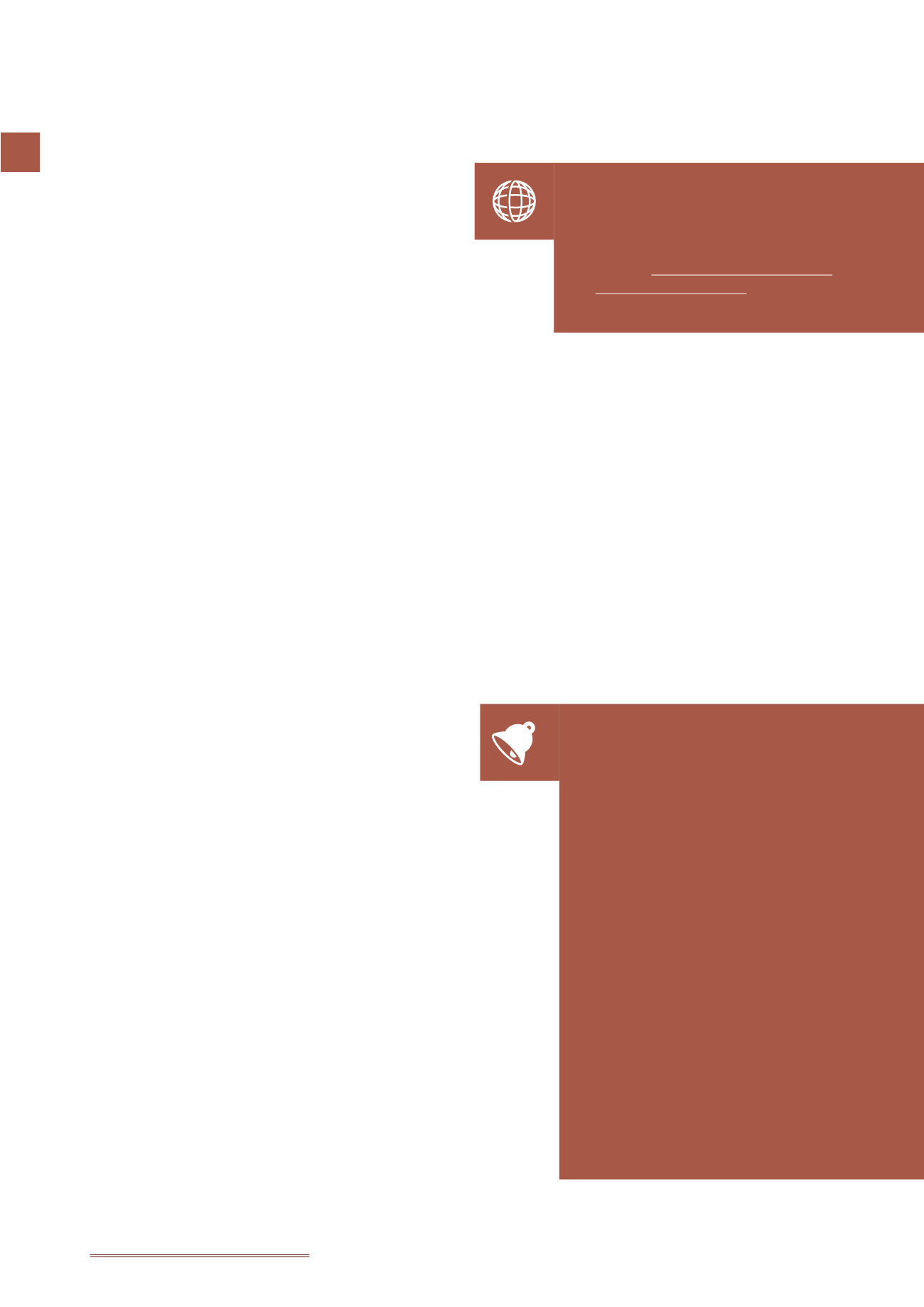

Safaricom Sustainability Report 2016
74
REGULATORS
Regulatory bodies are the means through which the people
of a nation can supervise the activities of organisations like
companies and the fundamental goal of any regulator is to
protect the safety and interests of the public. We are overseen
by eight regulatory authorities in particular and our chief
regulator is the Communications Authority of Kenya (CA).
What are their needs and expectations of us?
Our services play an important and sometimes even critical
role in the daily lives of Kenyans. As a result, the regulators expect us to provide these services in a reasonable, responsible,
ethical and environmentally sensitive manner, providing customers with adequate information and support to access and
enjoy our services, while respecting their rights. Our regulators also require us to compete for business fairly and to play our
part in helping to empower and transform the lives of Kenyans through innovation and investment.
How did we deliver value to them during the year?
On a regular, ongoing basis, we deliver value to our regulators by complying with the obligations they have given us and
through communicating and engaging with them on the issues that arise. Some of the specific issues on which we have
engaged our regulators during the reporting period include:
•
The Universal Service Fund (USF)
Following on from our successfully lobbying that that interconnect and MMT revenue be excluded from the USF
payable by operators, the CA engaged a consultant to conduct a USF Access Gap Study in Nov 2015. In order to
cover the identified gaps, the consultant recommended various areas be placed into viable bidding lots and financed
by USF. As the next step, we expect the Project Implementation Report to be released in June 2016. We continue to
engage with the CA in this process.
•
SIM Registration Regulations
During the reporting period, the CA amended the
SIM Registration Regulations and introduced new
requirements on operators to retain copies of subscriber
national Identification cards. We are working closely
with the Authority in order to construct a framework that
meets these regulatory objectives in a satisfactory manner.
•
Quality of Service (QoS) measurements
Following lobbying by the industry, the CA formally appointed an
international consultant to develop a new QoS Measurement and
Methodology Framework. In January 2016, the CA released its new
Framework for Voice, Data, Inspections and Data Verification. The
Authority intends to conduct a pilot between January and June 2016
and we continue to engage with the CA in this process.
•
Information and Communications Sector Regulations
The CA suspended its comprehensive review of the regulations
governing the sector on 9 December 2015 and commenced the
process of recruiting a consultant to undertake a Competition Study in
the Telecommunications Market by issuing an RFP for this process. We
await the outcome of this process and continue to support attempts
to grow the market and to provide consumers with the very best
offerings in terms of variety, price and quality that are aligned with
international best practices.
For further information regarding the CA
and our other primary regulators, please
visit the companion website for this
report at
https://www.safaricom.co.ke/sustainabilityreport_2016/
FY17 GOALS
ü
Achieve 100% compliance with
NEMA standards on emissions and
effluent discharge, and waste
management.
ü
Achieve 100% screening of all new
suppliers for historical corruption
cases (and blacklist culpable firms).
ü
Achieve at least four engagements
with the ICT industry on common
issues and the issuing of at least four
reports based on engagements,
with recommendations and action
plans.
ü
Ensure that each new infrastructure
project (Listed by EMCA 1999)
undergoes an EIA and EA and
to ensure 100% compliance with
NEMA standards.

















